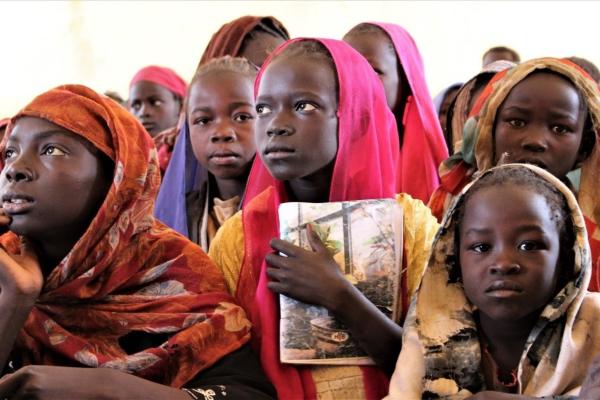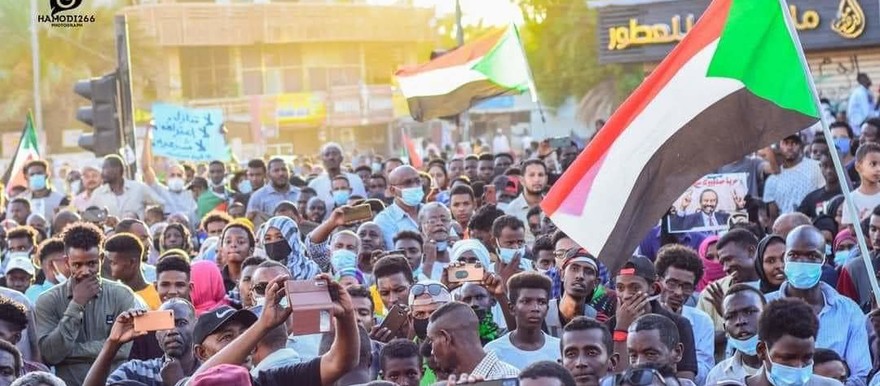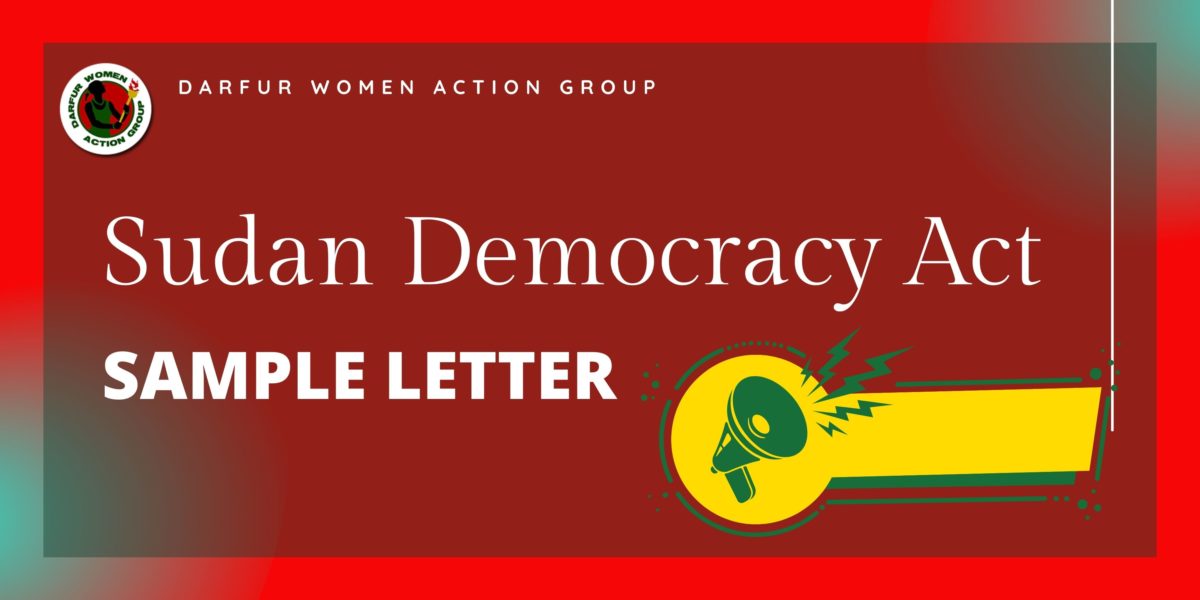By: Shreya Dandu
This blog will highlight the facts and the trends of global migration and will shed a light on the current situation of Darfur refugees, while recognizing the value and the outstanding contributions the refugee community makes worldwide and how we can leverage that.
It’s extremely concerning that the global number of people forced to flee persecution, violence, and conflict has now crossed the staggering milestone of 100 million for the first time on record. The overall figure includes refugees, asylum seekers, and the 59.1 million people that are internally displaced within their own countries. If all of these people made up a single country, it would be considered to be the 14 the most populous country in the world. Sudan, in particular, saw the deterioration of its humanitarian crisis within this past year, as violence intensified and the number of IDPs increased to over 3.2 million. Around 442,000 internal displacements were reported during 2021, which is more than five times the figures reported for the previous year and the highest since 2014. More than 80 percent of the 3 million internally displaced people of Sudan live in the 5 Darfur states, with more than 200 incidents of violence reported within Darfur in 2021. According to the Norwegian Refugee Council, Sudan is one of the 10 most neglected displacement crises in the world due to lack of media attention, lack of funding, and lack of international political and diplomatic initiatives.
Despite the worsening refugee crisis and the need for people to reach safety, the persisting debate over if refugees are bad for the host countries still remains. The United States has seen a downward trend in the admittance of refugees despite the fact that the number of people being forced to flee their homes is increasing. During the Trump administration, the United States saw a sharp decrease in the admittance of refugees mainly due to the administration arguing that refugees will take away jobs from citizens and cost the government more money. Similar sentiments were echoed across Europe, as growing populist sentiments have allowed for migration policy to be controlled. The perpetuation of these myths has been extremely harmful to refugees, as there have been numerous studies that stress the positive impact that refugees have in their host countries.
One of the most harmful and most common arguments against the admittance of refugees is that natives of the host country often lose jobs to refugees due to increased competition. Many migration economists believe that refugees actually create new jobs by creating new businesses,
spending their incomes on American goods and services, and by raising the productivity of U.S businesses. New research also indicates that refugees could contribute about $3.2 billion to the U.S economy if they are given equal access to employment opportunities and are paid the same
wages as their native-born American counterparts. A draft study by the Department of Health and Human Services in 2017 found that refugees brought in $63 billion more in government revenues over the past decade than they cost. Refugees also boast high rates of entrepreneurship
– surpassing other immigrants and U.S natives. Over 13 percent of refugees were entrepreneurs in the United States during 2015, compared to the 9 percent of U.S natives. Experts estimate that when refugees start their businesses, they can generate up to $100 million each year, benefitting
their host countries immensely. Refugees also fill up jobs in key industries like the service and agricultural sectors. Many Darfuri refugees, in particular, have experience being farmers and worked their land for income generation, and often kept goats, cattle, or camels. According to
interviews, many refugees from Darfur are eager to work despite them facing cultural differences.
Refugees can also help their home countries in the medium to long-term when they are resettled in foreign countries. Refugees are noted to have a significant role in transferring technology and knowledge back home, translating into more competitive and diversified economies. Many Darfuri refugees and migrants have sent remittances back home to their family in Sudan, which have been mainly used by their families for consumption needs, helping the humanitarian situation there. In 2020, it was reported that Sudan has received over $495 million in personal remittances.
Given how refugees can be a huge asset to host countries if given the proper protections and support by host countries, it is only natural to wonder what the United States could do to help admit more refugees. The Biden administration is working on a private sponsorship program that currently helps admit Afghan and Ukrainian refugees. Darfur Women Action Group (DWAG) urges everyone to voice support for the private sponsorship program to include refugees from any country, particularly refugees from Darfur. In addition, it is also important to show support in staffing up government agencies that work in resettling refugees in order to streamline the security vetting process. Since many Darfuri refugees initially face difficulties in adapting to the cultural differences in their host countries, you can donate to DWAG to help Darfuri refugees to adapt to the cultural differences.
In celebration of World Refugee Day, it is important to celebrate the strength and courage of people who have been forced to flee their home in order to escape conflict and persecution. It is important to raise awareness for all the positive contributions refugees make around the world.
It is vital for everyone to remember that accepting more refugees isn’t just the morally correct thing to do, but also a smart choice to make, benefitting everyone involved.
Shreya Dandu is a current student at George Mason University, with a major in Global Affairs and minor in Legal Studies. She serves as the current policy intern for Darfur Women Action Group.








